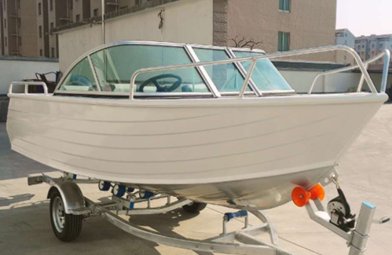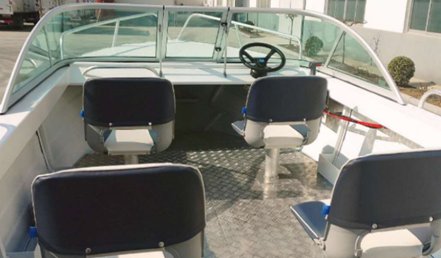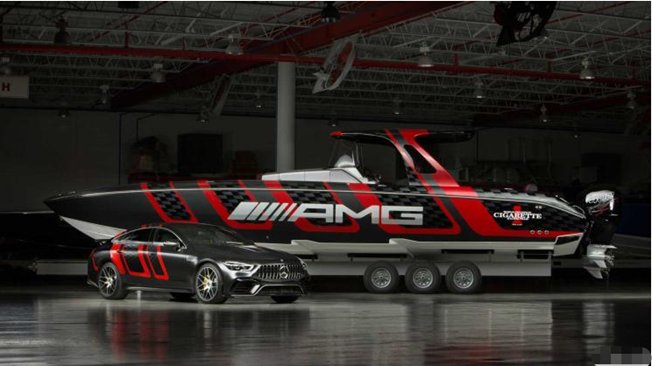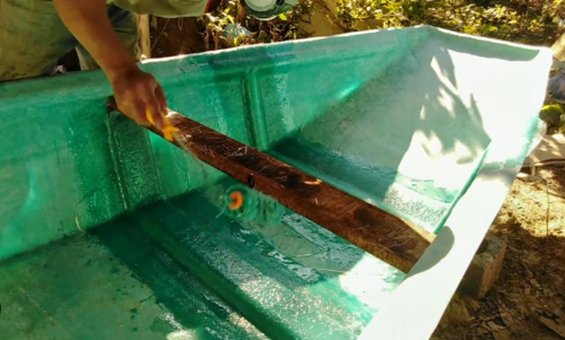With the development of modern material technology, shipbuilding has more choices in materials. The hull materials of speedboats generally have the following options.
Aluminum alloy


Aluminum alloy materials have high specific strength and specific modulus, excellent welding performance, excellent corrosion resistance and good cold and hot forming properties. And it has better fire resistance and recycling value.
However, aluminum alloy speedboats will make noise when travelling, especially when travelling at high speed, which will have a certain impact on the crew and the surrounding environment. Because the structure of the aluminum alloy speedboat is relatively complex and difficult to maintain, it requires professional and technical workers to perform maintenance.
Carbon fiber

Carbon fiber is widely used in aircraft and automobile manufacturing industries. When used in shipbuilding, it has the advantages of being lighter, stronger, higher performance, and more fuel-efficient.
The disadvantages are that it is not easy to bend, shields signals, and the cost is relatively high. Many of the superstructures of some large foreign luxury cruise ships use carbon fiber materials. Domestic general official, water conservancy, and fishery administration speedboats are still rarely used. Another disadvantage of marine industry used carbon fiber is that it conducts electricity. This therefore makes the construction of the power supply system more complex for manufacturers as they need to isolate the circuitry from the carbon fiber structure.
Glass fiber reinforced plastic, also known as fiberglass reinforced plastic (FRP)

In addition to the advantages of low relative density and high specific strength, FRP also has the advantages of good dielectric properties, non-reflection of radio waves, good microwave permeability, acid and alkali resistance, simple molding process, sound insulation, insulation, and low thermal conductivity.
Although fiberglass boats are strong, they are prone to breakage, especially in winter or freezing weather conditions. Fiberglass boats will degrade due to the sun's ultraviolet rays and wave vibration, causing the surface of the boat to lose its beauty. If not properly maintained, it can easily cause the surface to warp and peel. Long-term use can easily cause fiberglass boats to age, affecting their strength and sturdiness.